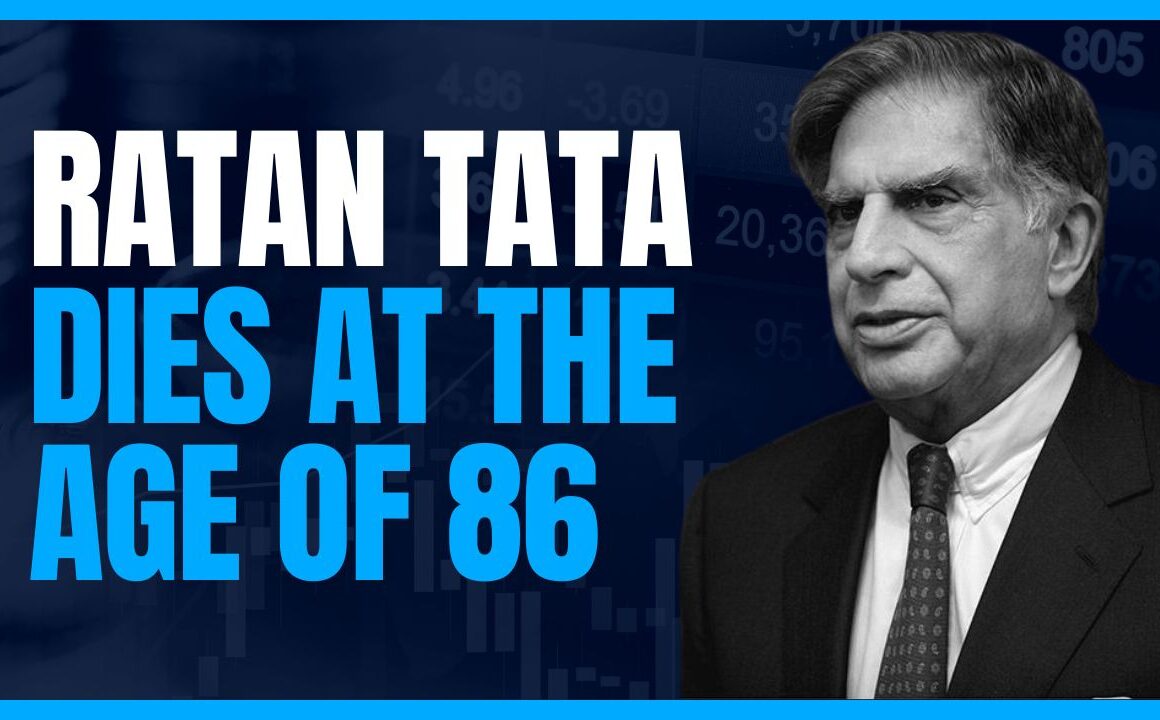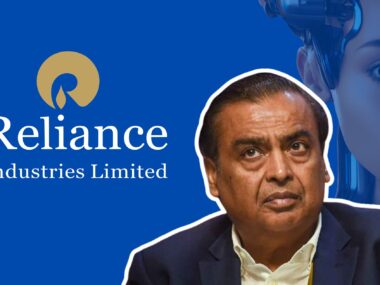India has lost one of its most iconic and influential leaders Ratan Tata, the legendary industrialist and former chairman of Tata Sons. He passed away at a Mumbai hospital, leaving behind a legacy that reshaped Indian industry and elevated the Tata Group to global prominence. His leadership, vision, and philanthropic efforts have left a profound impact on both the corporate world and the lives of millions.
The Early Years of Ratan Tata: From Humble Beginnings to a Global Education
Born on December 28, 1937, Ratan Tata hailed from the prestigious Tata family, but his journey was one of hard work and quiet determination. After receiving his early education in Mumbai, he went on to study Architecture at Cornell University and later attended Harvard Business School’s Advanced Management Program. This education gave him a strong foundation, but it was his vision, ethics, and compassion that truly set him apart as a leader.
Transforming the Tata Group: A Global Vision
Ratan Tata’s entry into the Tata Group in 1962 marked the beginning of an extraordinary career. By the time he succeeded J.R.D. Tata as chairman in 1991, he had already laid the groundwork for a transformation that would make Tata a household name across the world.
Under his leadership, the Tata Group’s revenues grew over 40 times, and profits increased by 50 times. Ratan Tata spearheaded some of the most remarkable acquisitions in Indian corporate history, including the purchase of Tetley Tea in 2000, Jaguar Land Rover in 2008, and the groundbreaking launch of Tata Nano in 2009, which aimed to offer affordable mobility to the masses. His global mindset pushed Tata Group from being a domestic conglomerate to a globally recognized brand.
The Philanthropic Heart: A Commitment to Society
In addition to his business achievements, Ratan Tata was profoundly dedicated to social causes. His philanthropic endeavors through Tata Trusts set a new benchmark for corporate social responsibility in India. Focused on improving education, healthcare, and rural development, these initiatives have uplifted countless communities across the country.
| Initiative | Impact | |
| Tata Scholarships | Supported thousands of students for higher education |
| Tata Memorial Hospital | Which has provided advanced cancer treatment to millions | |
| Tata STRIVE | Skilled over 100,000 youth for employment |
Ratan Tata passed away due to age-related health issues at the age of 85
Ratan Tata passed away due to age-related health issues at the age of 85. He spent his final days in Mumbai’s Breach Candy Hospital, surrounded by his loved ones. As the news of his passing spread, the entire nation expressed its grief. Tributes poured in from business leaders, politicians, and citizens alike, all highlighting how deeply his life and work had touched them.
Social media was flooded with tributes using hashtags like #RatanTata and #ThankYouRatanTata. Vigils, floral tributes, and condolence messages filled the air, demonstrating the immense respect and love people had for him.
A Lasting Legacy: Shaping the Future
Ratan Tata’s influence extended far beyond the boardroom. He was a leader who believed in ethics, transparency, and the importance of giving back to society. His contributions to corporate governance, innovation, and social responsibility have set the bar high for future generations of leaders.
In the business world, Ratan Tata pioneered a new era of corporate governance by promoting ethical practices, transparency, and social responsibility. He showed that businesses could be both profitable and compassionate, a lesson that Indian companies continue to follow.
Conclusion: Honoring a Titan
Ratan Tata’s passing marks the end of an era, but his values and vision will continue to guide not only the Tata Group but the entire Indian business community. His contributions to society, both in business and philanthropy, have left a lasting impact that will continue to inspire future generations.
As India mourns the loss of this great man, we are reminded that Ratan Tata’s legacy is not just in the billions his companies generated or the global footprint he created, but in the values he stood for—integrity, compassion, and a deep sense of responsibility towards society. His life and work will remain a source of inspiration for all who seek to build a better world.
Ratan Tata may have left us, but his spirit will continue to guide India’s business and philanthropic landscapes for generations to come.










